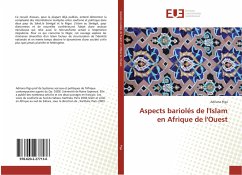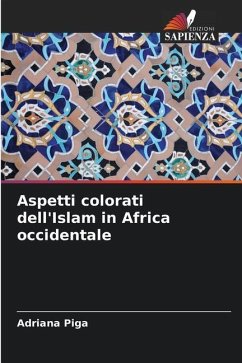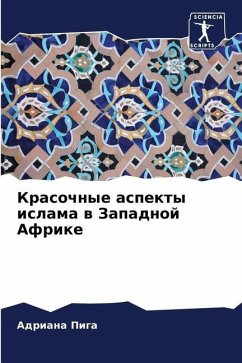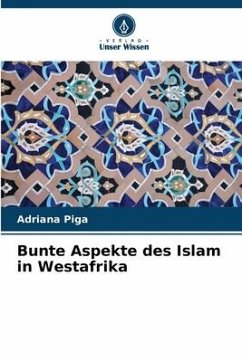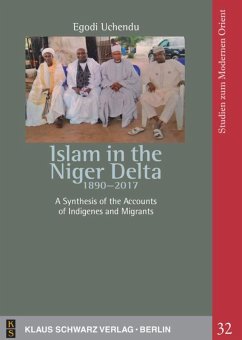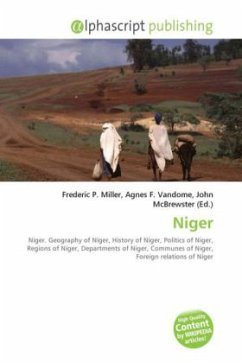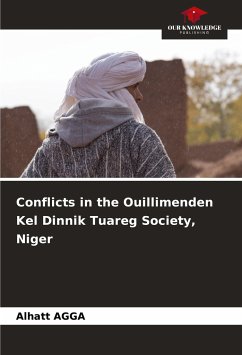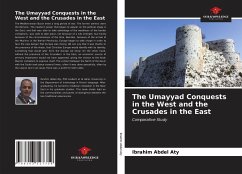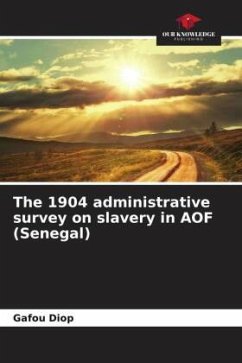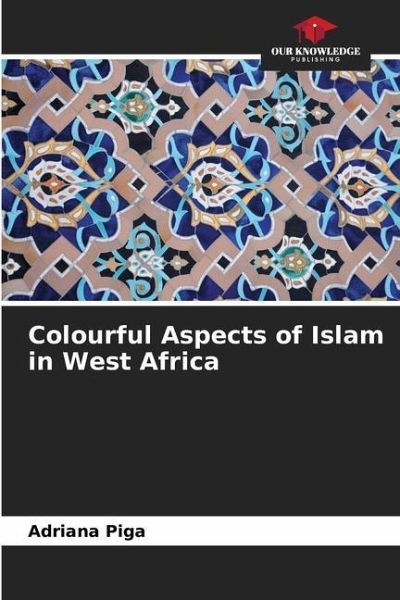
Colourful Aspects of Islam in West Africa
Versandkostenfrei!
Versandfertig in 6-10 Tagen
43,99 €
inkl. MwSt.

PAYBACK Punkte
22 °P sammeln!
This collection of essays, most of which have already been published, aims to demonstrate the complexity of the multiple interrelations between Sufism and politics in two Sahelian countries, Senegal and Niger. Islam in Senegal, a country of old and new brotherhoods, is the subject of a meticulous analysis that also links current neo-Sufism to the migratory experience. As far as Niger is concerned, this book explores the diversified itineraries of an Islam that is a structuring factor of the national identity and at the same time draws the dynamism of a civil society that is more than ever plur...
This collection of essays, most of which have already been published, aims to demonstrate the complexity of the multiple interrelations between Sufism and politics in two Sahelian countries, Senegal and Niger. Islam in Senegal, a country of old and new brotherhoods, is the subject of a meticulous analysis that also links current neo-Sufism to the migratory experience. As far as Niger is concerned, this book explores the diversified itineraries of an Islam that is a structuring factor of the national identity and at the same time draws the dynamism of a civil society that is more than ever plural and heterogeneous.



